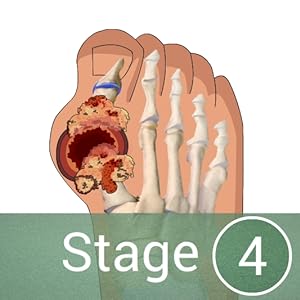
Our body’s natural stress response can be quite beneficial, especially in cases of fight or flight when the body senses danger. However, frequent or constant stress can literally make you sick. Your body cranks out hormones such as cortisol, adrenaline and norepinephrine when panic sets in. Extended periods of these hormone releases can interfere with your blood vessels, heart rate, your gut balances, and trigger systemic inflammation – eventually affecting your mental and physical health, placing you on a dismal path towards acute infections and chronic diseases.
Many tend to respond differently to stress, and signs can include:
- Headaches
- Upset stomach
- Lack of energy
- Lack of focus
- Angered easily
- Trouble with sleep
- Loss of interest in activities you once enjoyed (including sex)
- Over and undereating
- Rashes, hives, acne
- Forgetfulness
- Loss of feeling in control
- Drug and/or alcohol abuse
- Pain
Short-term stress is something that happens quickly, like when you react in a way to avoid, let’s say, a car accident. That quick burst of adrenaline that allows you to quickly pump your brakes, can quite literally save your life. Chronic, long-term stress is more pervasive and persistent – to the point where the mind and the body becomes so imbalanced and so overwhelmed that it can turn deadly.

GUT HEALTH AFFECTS OUR ENTIRE BODY’S HEALTH
Prolonged stress can have a detrimental effect on the all-important digestive system. A huge amount of our immune cells resides within our gastrointestinal system. It is said that 70-80% of our entire immune system lives within our guts. Any idea how important this is when it comes to Gout control, our mental health, and our overall health?
As Harvard researchers explained: (1)
“Psychology combines with physical factors to cause pain and other bowel symptoms. Psychosocial factors influence the actual physiology of the gut, as well as symptoms. In other words, stress (or depression or other psychological factors) can affect movement and contractions of the GI tract, cause inflammation, or make you more susceptible to infection.
In addition, research suggests that some people with functional GI disorders perceive pain more acutely than other people because their brains do not properly regulate pain signals from the GI tract. Stress can make the existing pain seem even worse.”
Stress disrupts the essential communication between the major systems of the body. It can deplete the good bacteria and strip vital nutrients from the body, especially Vitamin B5 — all of which are critical for the gout sufferers to control and lessen their attacks. More frequent Gout attacks are likely as a result, but the bigger health dangers should raise further concern. Stress management and reduction is possible, and crucial. This can be achieved through a number of techniques including exercise, meditation, EFT, music, reading, aromatherapy and more. In the meantime, it is important to counter the negative impacts of stress with proper water intake, balanced and healthy diet, adequate sleep, key vitamins, probiotics, and inflammation fighting supplements.2
Sources:
1 Harvard Health Beat March 27, 2012
2 Goutdaily.com





Leave a Reply